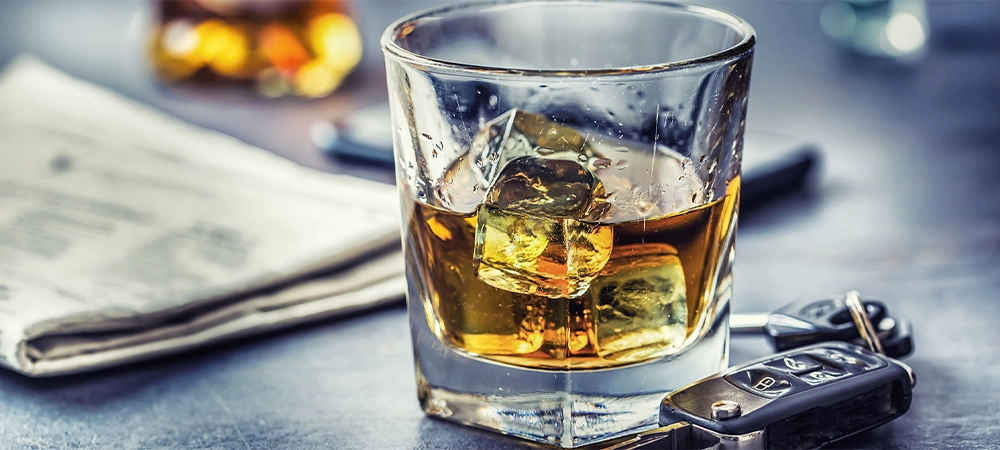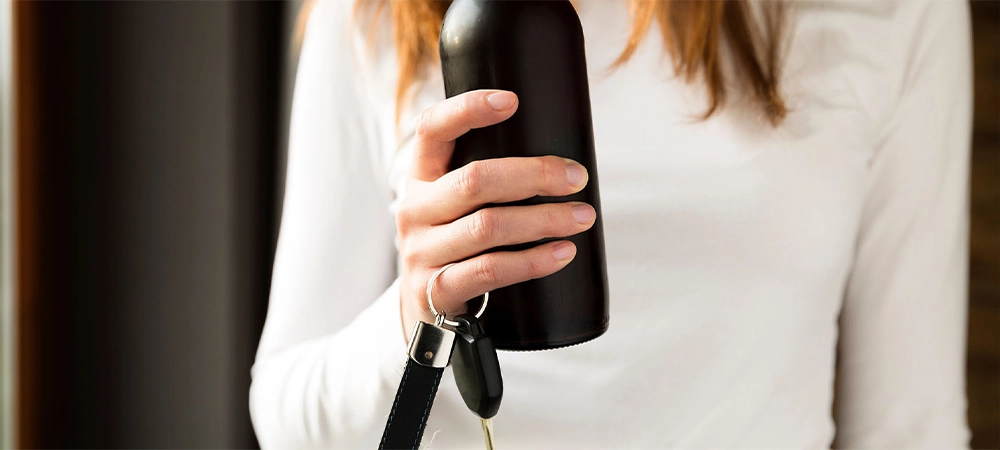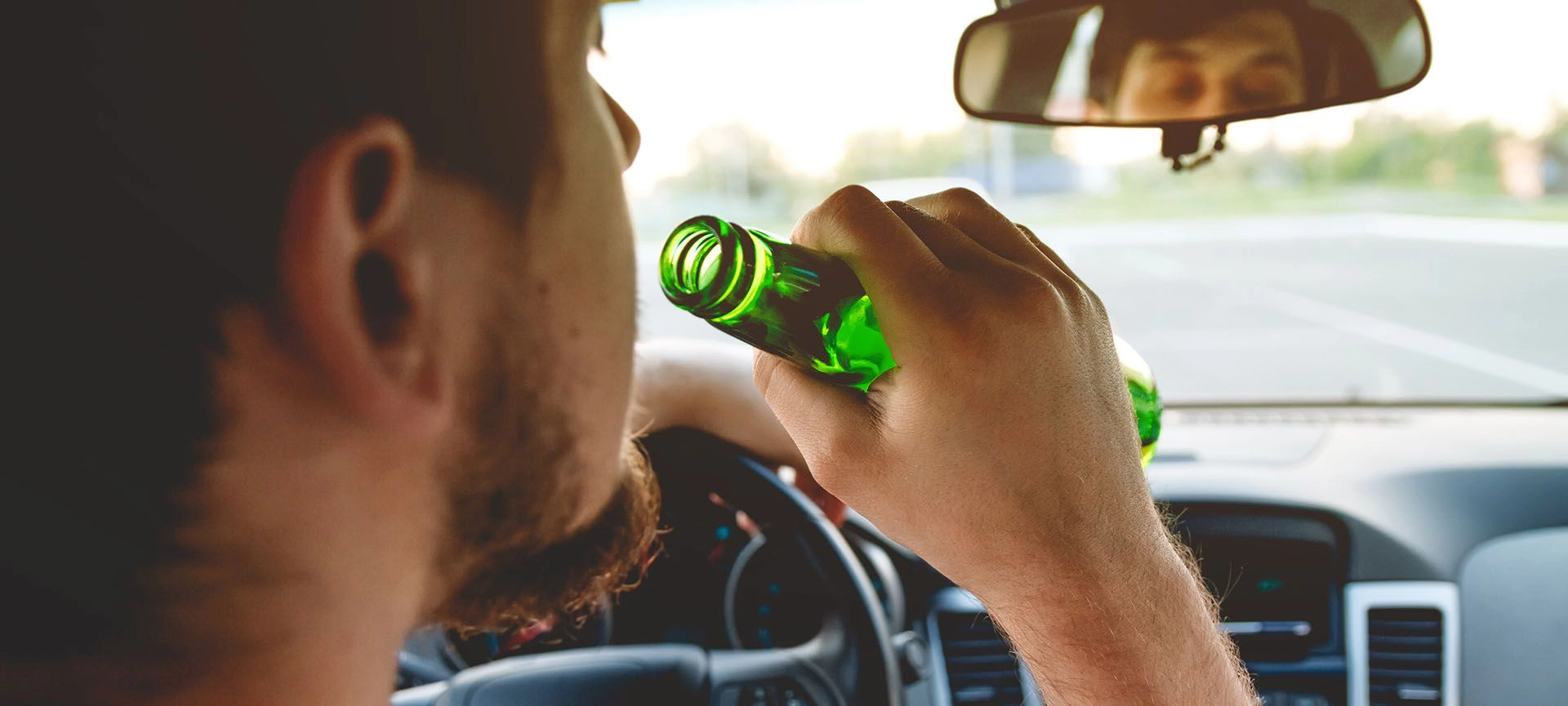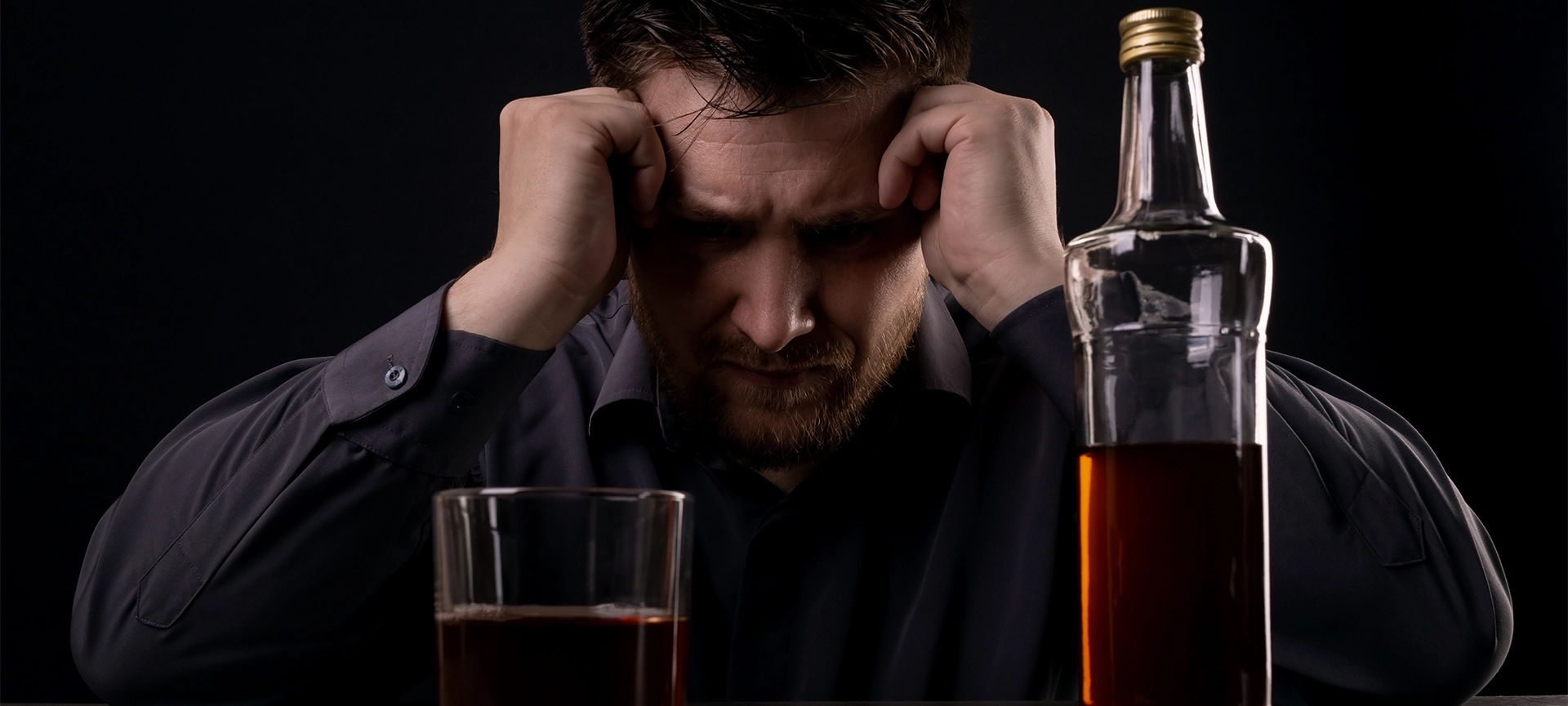DUI charges are laid about ten times every hour in Canada. According to Mothers Against Drunk Driving (MADD), over 80,000 people were being charged with DUI offences each year up to 2019 – the most recent year for which data is available.
These DUI statistics reinforce what most of us already know: that impaired driving is a serious problem that can have far-reaching impacts on offenders and their victims, as well as family members and other loved ones. The problem is a lot worse than many people realize: the MADD statistics do not reflect the true numbers of people who drive while intoxicated – only those who get caught.
DUI – or driving under the influence – features in several movies and TV shows. The glamorized Hollywood stories often depict DUI as some kind of magical wake-up call that prompts the offender to take stock of their life and change their ways. This is unfortunately not the reality for most people. Many DUI charges are laid against repeat offenders. Driving while intoxicated is rarely a one-time behaviour. It is a behaviour pattern that, in most cases, has its roots in addiction.
Whether or not you have a DUI charge against you, it is important to get addiction help as soon as possible. There are many options for help available. Not only can going to rehab prevent DUI charges or help you resolve charges that are currently against you, but it can also prevent unspeakable tragedy.
What Is A DUI?
DUI goes by many names: driving under the influence, drunk driving, driving while intoxicated, impaired driving. No matter what you call it, it is a serious criminal offence in which the offender operates a vehicle while under the influence of drugs or alcohol. Many people associate DUI charges with alcohol, but other substances can attract charges as well. These include the following:
- Illicit drugs such as cocaine, heroin, and methamphetamine
- Marijuana, even if taken for medical purposes
- Prescription drugs, even if taken according to the instructions of the doctor or pharmacist
- Inhalants
In the case of illicit drugs, offenders may face illegal possession charges in addition to the DUI charges. If the incident that resulted in the DUI charges led to property damage, injury, or death, the offender would face additional charges as well.
DUI does not only involve motor vehicles, in spite of the fact that the “D” stands for “driving”. You can be charged with this offence if you are intoxicated while operating almost any mode of transportation, including the following:
- Cars, vans, and other personal passenger vehicles
- Trucks
- Boats
- Construction vehicles
- Farm equipment and riding lawnmowers
- Golf carts
- Mopeds and motorcycles
- Electric and pedal-powered bicycles
- Airplanes
- Snowmobiles
- Horse-drawn carriages

Drinking And Driving Laws In Ontario
In Ontario, you can be charged with a DUI offence if a breathalyzer or blood test determines that your blood alcohol concentration (BAC) is 0.08 or more. This translates to consumption of around 4-6 standard drinks, depending on your body weight, whether you were assigned male or female at birth, your general state of health, and whether you are using other substances in conjunction with alcohol.
It should not be assumed that you are automatically in the clear from DUI offences if your blood alcohol concentration is below the 0.08 limit. Many people become intoxicated to the point of being unable to drive safely before they reach the limit. For this reason, most provinces and territories have something called an administrative limit. Typically, this limit is 0.05, and it is the level at which you may be subjected to a temporary suspension of your driver’s licence. You will not face criminal charges at these levels, but repeat infractions may earn you a longer suspension. In some cases, your vehicle may be impounded.
Zero Tolerance DUI Rules In Ontario
DUI charges can be brought against people in certain categories who have any detectable blood alcohol concentration at all. These categories are as follows:
- Drivers who are 21 years old or less
- Drivers who hold a G1, G2, M1, or M2 licence, regardless of their age
- Drivers who are operating a vehicle that requires an A-F licence or a Commercial Vehicle Operator’s Registration (CVOR)
- Drivers who are operating a road-building machine
What Happens If You’re Charged With Impaired Driving In Ontario?
The process and penalties for DUI depend on several factors, including the following:
- Whether your driver’s licence is valid
- Whether this is a first-time offence
- The number and ages of your passengers
- Your age and what category licence you hold
- Your blood alcohol concentration
- Whether your actions resulted in damage to property, injury, or death
First-time DUI offenders who are above the administrative level of 0.05 but below the impairment level can expect a three-day licence suspension and the minimum fine (at the time of writing, the minimum fine is $250). At the other end of the DUI penalty spectrum, people with their third offence may face up to ten years in prison and a lifetime ban on driving.
Other DUI penalties and consequences may be handed down, depending on the factors listed above. These include the following:
- Court-ordered addiction education and/or treatment
- Licence suspensions of varying durations
- Use of an ignition interlock device that prevents your car from starting if you are intoxicated
- A medical examination to determine your suitability to drive
Additional penalties and restrictions may apply if the driving incident resulted in damage to property, injury, or death.
DUI Charges And Your Future
DUI charges – and the criminal convictions that flow from them – can have an impact that reverberates for decades. Even after you have paid your fine or served your prison time, after you have paid the fee to restore your suspended licence and recovered from your injuries, your impaired driving can affect the way you live your life.
A DUI conviction can affect your employment opportunities and housing prospects. Many employers – and a lot of volunteer organizations – will not take you on if you cannot provide a clear criminal background check. If you are able to find a stable, well-paying job, mortgage providers and potential landlords will ask for a criminal background check.
DUI history of any kind – even a licence suspension without a criminal conviction – can affect your car insurance. You will automatically be classed as a high-risk driver, which means you will be charged high premiums. Some insurance companies will deny coverage altogether.
Students who are not yet concerned about housing, employment, and insurance have their own challenges to worry about when it comes to DUI charges. Some colleges and universities punish students with suspension or even expulsion after a DUI incident. This is especially the case if the incident happened on college or university property, or if it resulted in damage to the institution’s property or injury to a staff member or another student.
DUI events can, of course, have even more devastating consequences: it can result in loss of life or permanent disability. This does not only impact the victim and their loved ones, it can create lifelong trauma for the offender. The impact on work, school and housing is even more extreme, and in addition, you will have to deal with the financial and personal cost of going through the legal system and possibly serving time in prison.

DUI Rehabilitation Options
The DUI laws in Ontario allow for a great deal of flexibility when it comes to punishments and consequences. First-time offences may get you a driver’s licence suspension and a fine; repeat offences that result in someone dying could land you a lengthy prison sentence. There are many possible scenarios between these extremes, and people who can show that they are serious about recovery may be able to avoid criminal convictions and receive less severe punishments. There are several remedies that the courts may agree to.
DUI Diversion Programs
One of the biggest challenges with DUI is the high rates of recidivism. The presence of addiction makes it not only possible but likely, that people who have driven while intoxicated once will do so again. People with addictions cannot be expected to stop using substances just because someone told them to. They have to be given the tools to succeed at sobriety, and DUI diversion programs aim to do just that.
Run by rehab centres in collaboration with local governments, DUI diversion programs typically last for several months. Participants are required to surrender their driver’s licences for the duration of the program, undergo addiction treatment, and do community service work.
DUI charges may be dismissed for people who complete the program successfully. Those who do not meet program requirements, or who receive subsequent DUI charges, are deemed to have violated the agreement, and they are sentenced accordingly.
Not everyone qualifies for DUI diversion programs: you are more likely to be admitted if you have no prior offences and if your actions did not result in property damage, injury, or death.
DUI Treatment For Addiction
Perhaps you’re not eligible for a DUI diversion program, or maybe there isn’t one available in your area. You can still benefit from a program of intensive addiction treatment. There are a variety of inpatient and outpatient programs available, and the one you choose will depend on your unique needs and circumstances.
Your DUI offence or infraction will not affect the delivery of your treatment: a good rehab centre is a judgement-free zone and a safe place for you to address the issues that have contributed to your addiction. Once you have been safely detoxed from drugs or alcohol – a process that often requires medical supervision – you will be put into a treatment program that is tailored to your unique needs and circumstances.
While the DUI incident will not make a difference to the quality of care, it may be a topic that is addressed over the course of your time in rehab. Interactions with police officers and court officials can be difficult to cope with. You may also be experiencing overwhelming “what if” feelings. What if someone had been hurt? What if you or someone else had been killed? During rehab, you will have the opportunity to address these complex emotions in a constructive way.
Can Rehab Reduce Drunk Driving Charges?
DUI diversion programs are designed to reward successful participants with a reduction or elimination of charges, but a regular rehab program can be helpful as well. If you are showing a commitment to addiction recovery, the lawyers involved in the case may be more motivated to negotiate a plea deal. The court may even allow your time in an inpatient rehab program to be credited toward jail time. To improve your chances of a lenient sentence in exchange for inpatient rehab, choose a rehab centre that has a good reputation for helping clients achieve long-term sobriety.
Life After DUI
A DUI may turn your life upside down for a period of time. You have to deal with the stress of interacting with police officers and court officials. You may be unable to drive for a while, and you may have to remove yourself from your regular life in order to attend a DUI diversion program or rehab.
Eventually, though, you will reach a point of having to get on with the business of living. This can seem like an overwhelming prospect, but there are some things you can do to reduce your chances of relapse while you readjust to the “real world”.

Continue With the Therapy You Started In Rehab
The root causes of your addiction don’t go away just because you’re no longer in DUI diversion or rehab. If anything, being immersed in the stresses of the real world could put you at risk of relapse. Therefore, it is a good idea to continue some of the therapies and treatments you started in rehab, such as psychotherapy and support groups.
Avoid Substance Use Triggers
Many people with addictions have so-called “bad influences” – people who encourage substance use and don’t care about the consequences of DUI. It is important for you to avoid those people, as well as the places that you associate with using drugs or alcohol.
Make Healthy Lifestyle Changes
Substance use – and the DUI events that often accompany it – can be avoided if you find healthy ways to boost your dopamine levels. This can be accomplished through exercise, listening to music, spending time outdoors, and being with loved ones who support your sobriety.
Engage In A Hobby Or Interest
One of an addict’s worst enemies is long stretches of unfilled time to dwell on the DUI charges and the problems that led you down the path of substance abuse. Find a hobby or interest that you feel passionate about. Learn how to play a musical instrument, take art classes, or volunteer for a cause you believe in.
What To Do When You Get A DUI Charge
No one likes to see the flashing lights of a police cruiser behind them, especially people who are engaging in a DUI offence. You may be tempted to keep driving, but if you don’t pull over as soon as it is safe to do so, you will put yourself at risk of additional charges. Cooperate with law enforcement officials and answer their questions as honestly as you can. If you are taken into custody, remember that you have the right to legal representation.
In the immediate aftermath of a DUI, it may seem as if it’s the end of the world. Cooperating with the police and showing that you are serious about rehabilitation can count heavily in your favour.

Avoid DUI By Staying Clean
The best solution to DUI is to make sure it doesn’t happen. The best way to do this, of course, is abstinence. Stay clean of drugs and avoid using alcohol, especially if you feel that you are at risk of becoming addicted. If you do use alcohol or some other legal substance like marijuana, hand your car keys to a sober driver or call for an Uber.
DUI can be avoided even if you already have an addiction. By seeking help, you can get clean and sober before a tragedy happens. At Addiction Rehab Toronto, we will support you through detox and rehab, by creating a treatment program that is tailored to your needs.
DUI is not an inevitable consequence of addiction. If a DUI offence has already happened, it does not have to be the end of the world. Call us, and allow us to be part of your journey to long-term sobriety.







